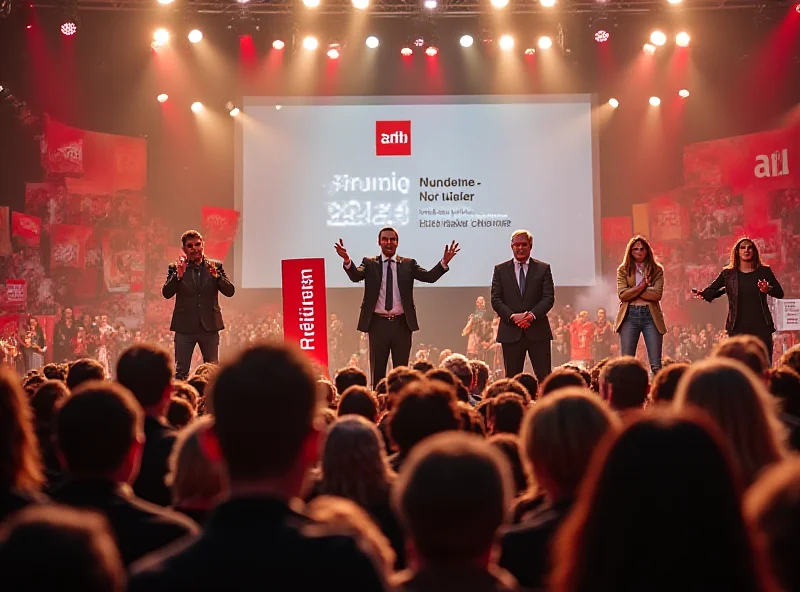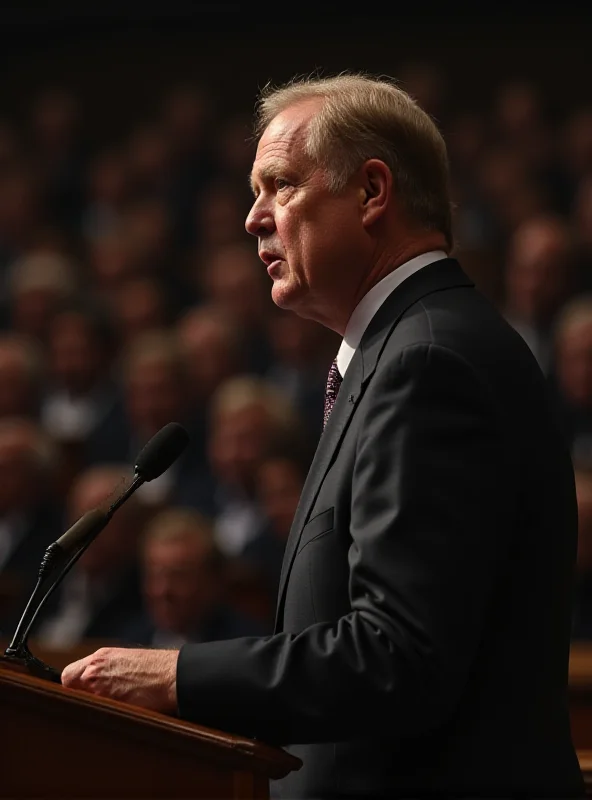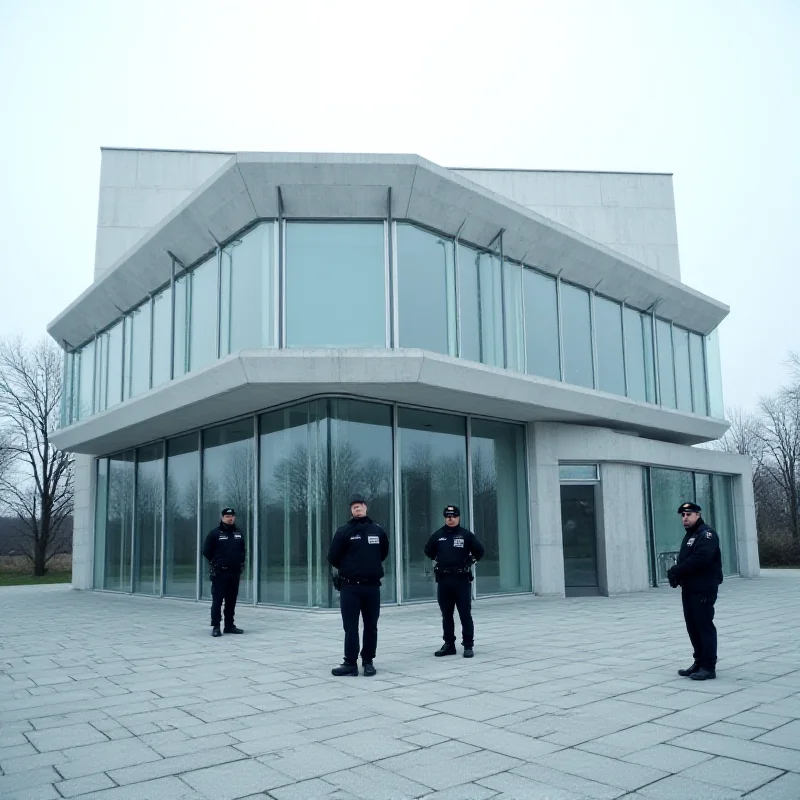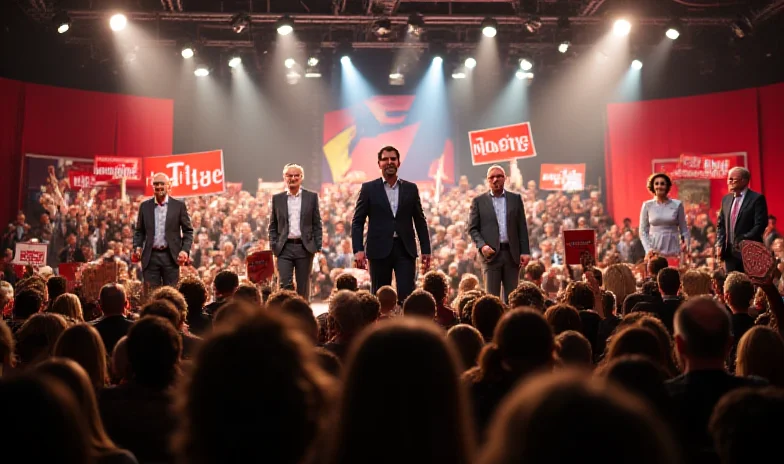Germany is currently navigating a complex web of political and international challenges. From the lingering effects of communist rule to a shooting near a courthouse, the nation is grappling with internal issues while also responding to global tensions, particularly the ongoing war in Ukraine and the evolving dynamics of international power.
The Shadow of the Past and Present Political Landscape
Even a nation as advanced as Germany continues to feel the impact of communist rule. While the specific effects aren't detailed in the source material, the implication is that historical divisions and political ideologies still play a role in shaping the current political landscape.  This is further complicated by the severe challenges facing democracy worldwide, as alluded to in the caption of an image featuring prominent German political figures like Olaf Scholz, Robert Habeck, Friedrich Merz, and Alice Weidel, representing parties such as SPD, The Greens, CDU, CSU, and AfD.
This is further complicated by the severe challenges facing democracy worldwide, as alluded to in the caption of an image featuring prominent German political figures like Olaf Scholz, Robert Habeck, Friedrich Merz, and Alice Weidel, representing parties such as SPD, The Greens, CDU, CSU, and AfD.
On a more immediate and alarming note, a shooting near a courthouse in western Germany resulted in injuries to at least two people. The incident in Bielefeld involved multiple injuries and the detention of one suspect, with reports suggesting the attack targeted relatives of a defendant in a trial. The possibility of an accomplice still at large adds another layer of concern to this event.
International Power Plays and the War in Ukraine
Germany, along with the rest of Europe, is also contending with the shifting sands of international power politics. The actions of figures like Donald Trump have reportedly stunned Germany and Europe, forcing them to adapt to new realities on the world stage. The article references a meeting between Trump and Vladimir Putin in Helsinki in 2018, highlighting the sense of unease and the need for Europe to assert its own influence.
The war in Ukraine is another major factor shaping Germany's foreign policy. Calls are growing to use frozen Russian assets to fund Ukraine's defense.  British Foreign Secretary David Lammy and Czech PM Petr Fiala have both advocated for seizing these assets, and the Czech Republic has been instrumental in coordinating the supply of artillery shells to Ukraine. The Czech ammunition initiative, supported by countries including Germany, has provided vital resources to Ukraine's defense efforts.
British Foreign Secretary David Lammy and Czech PM Petr Fiala have both advocated for seizing these assets, and the Czech Republic has been instrumental in coordinating the supply of artillery shells to Ukraine. The Czech ammunition initiative, supported by countries including Germany, has provided vital resources to Ukraine's defense efforts.
The Habeck Petition and Internal Political Dynamics
Amidst these global concerns, Germany is also dealing with internal political dynamics. Tens of thousands of people have signed a petition urging Robert Habeck, a prominent figure within the Greens, to continue his political career despite his decision to step back from a leading role. This highlights the significant influence and respect Habeck commands within German politics, and the desire of many for him to remain involved.
In conclusion, Germany is facing a multifaceted set of challenges, both domestically and internationally. From addressing the legacy of communism and dealing with incidents of violence to navigating complex geopolitical relationships and supporting Ukraine in its defense, the nation is working to maintain stability and assert its influence in an ever-changing world. 
